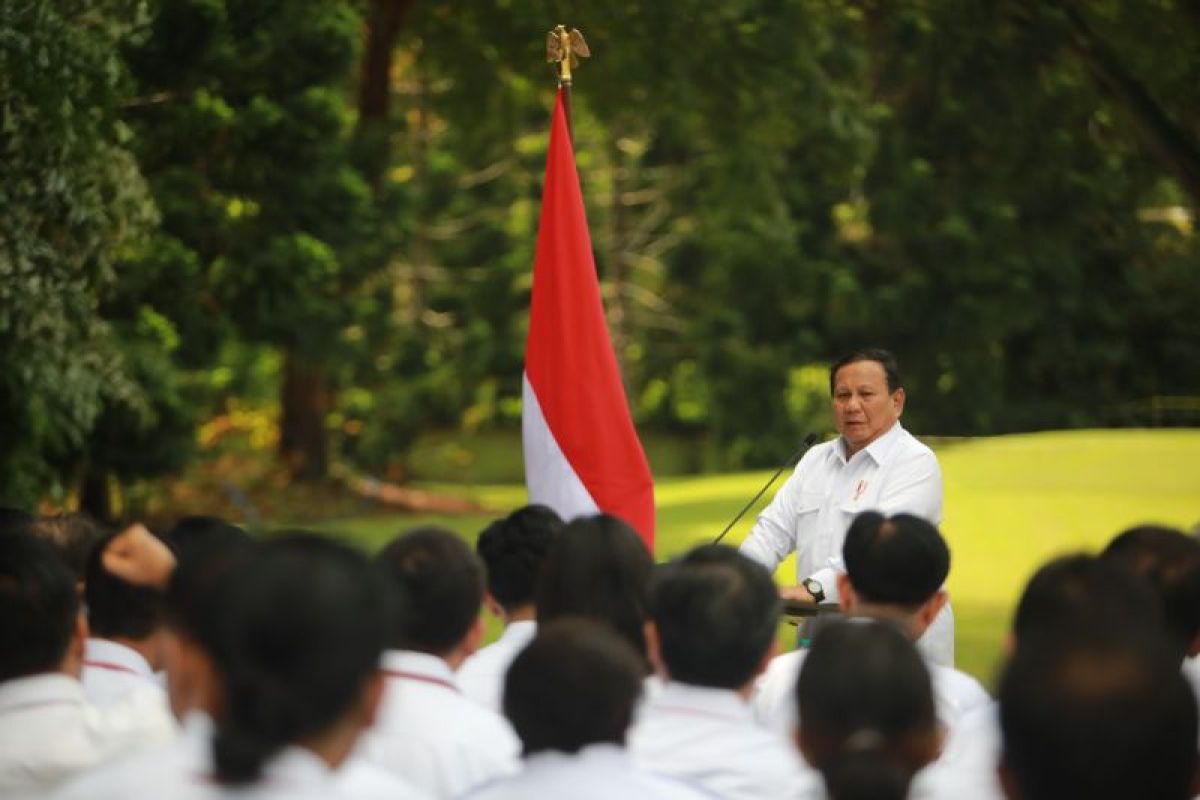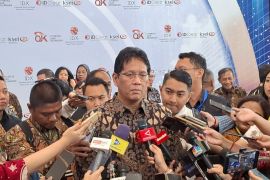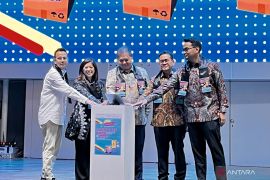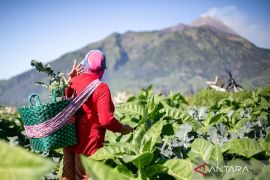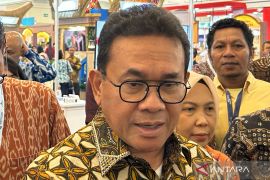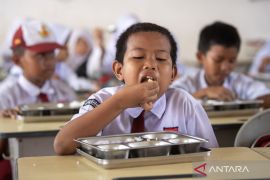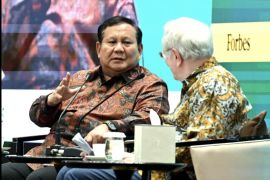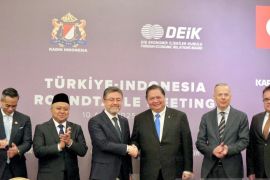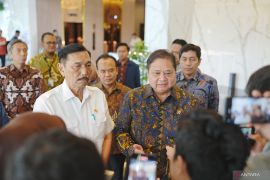This substantial economic expansion target forms a crucial component of Prabowo and his Vice President Gibran Rakabuming Raka's eight main missions called Asta Cita.
The second mission of Asta Cita is to strengthen the country's security and defense system and encourage national independence through self-sufficiency in food, energy, water, creative economy, green economy, and blue economy.
This aims to support the vision of Golden Indonesia 2045, or Indonesia as an advanced country by 21 years from now.
To pursue this goal, during the Cabinet retreat at the Military Academy (Akmil) in Magelang, Central Java, on October 24-27, 2024, which was held to strengthen the bond among cabinet members, Prabowo urged his officials to continue initiatives for industrial downstreaming and to strengthen food and energy self-sufficiency.
Downstreaming program
Prabowo's government is continuing the downstreaming program, which was also promoted by the administration of former president, Joko Widodo.
During the first cabinet plenary session on October 23, Prabowo remarked that the Coordinating Ministry for Economic Affairs and chairperson of the National Economic Council could also help conduct an inventory of important projects for the downstreaming program.
"(We have currently) 26 major commodity projects. They are commodities that must be downstreamed immediately. Make a list, and we will immediately seek funds so that we can start downstreaming in the shortest possible time," Prabowo remarked.
In response, the Ministry of Industry said it is seeking to identify products that can help push Indonesia's economic growth to reach eight percent.
Industry Minister Agus Gumiwang Kartasasmita said he would appoint supervisors within the ministry to identify products with the highest competitive and comparative advantage that can help advance the national economy.
He remarked that each industrial sector in the country must identify products that have the potential to grow above eight percent. His ministry will thereafter provide stimulus to bolster those sectors.
"We will also pay attention to those whose growth is below eight percent. Meanwhile, for those whose growth has reached eight percent, we will strengthen them," he remarked.
In addition, the minister said that his side will identify sectors that have significantly high production costs so that it can provide mitigation steps to encourage industry players to carry out more efficient production processes.
In addition, through the identification of products with good development potential, the Industry Ministry could also help realize President Prabowo's goal of achieving energy, security, and food self-sufficiency.
"His priority program is showing that Indonesia has food security and energy security. This is what we are trying to formulate in the context of manufacturing," Kartasasmita remarked.
Optimistic
Prabowo's ambitious eight percent economic expansion goal exceeds the government's expected capability, necessitating cross-sector collaboration.
Director of Environmental Affairs at the National Development Planning Agency (Bappenas), Priyanto Rohmattullah, emphasized that reaching the eight percent growth target requires significant private sector engagement.
Speaking at a press conference titled "CollaborAction for The Earth" in Jakarta on October 29, Rohmattullah explained that private sector participation is direly needed, as the government's initiatives alone can only contribute seven percent to the nation's gross domestic product (GDP).
"The government does not have enough funds to support this target. The private sector definitely would be the one which contributes the most to the eight percent growth (target)," he affirmed.
Meanwhile, Coordinating Minister for Economic Affairs, Airlangga Hartarto, has stated that the target is achievable and has historical precedent.
"Mr. President targeted Indonesia's economic growth at eight percent by 2029. It is reachable as Indonesia had achieved 7.3 percent average growth in the 1986–1997 period, our growth in 1995 was even at 8.2 percent," he remarked while opening the Indonesia Sharia Economic Festival (ISEF) on Wednesday (October 30).
He noted that the current global average growth, which has stagnated at three percent, indicates that the global economy has not fully recovered to the pre-COVID-19 level.
He underscored the need for Indonesia to explore new economic sources and embrace innovations to stoke national economic growth in the coming years.
"We need to find new sources for economic growth and adopt new technology and innovation to achieve the upper-middle-income economy," Hartarto added.
The International Monetary Fund's (IMF's) latest World Economic Outlook (WEO), published on October 22, maintained its global growth projection of 3.2 percent for this year.
While the emerging market is projected to grow by 4.2 percent this year, the projection for developed economies is bleak at 1.8 percent, as per the outlook.
Finance Minister Sri Mulyani Indrawati also repeatedly underlined the need to avoid the middle-income trap.
"We want Indonesia to avoid the middle-income trap. Thus, productivity is the most important thing. A country cannot grow only by increasing consumption without creating productivity," she remarked.
Despite complex obstacles, realizing the eight percent growth target requires comprehensive collaboration, enabling potential national economic success that ultimately benefits the broader population.
Related news: 8% economic growth target achievable: Minister Hartarto
Related news: Private sector participation crucial for achieving growth target: Govt
Related news: Bappenas proposes two scenarios to get eight percent economic growth
Editor: Arie Novarina
Copyright © ANTARA 2024
